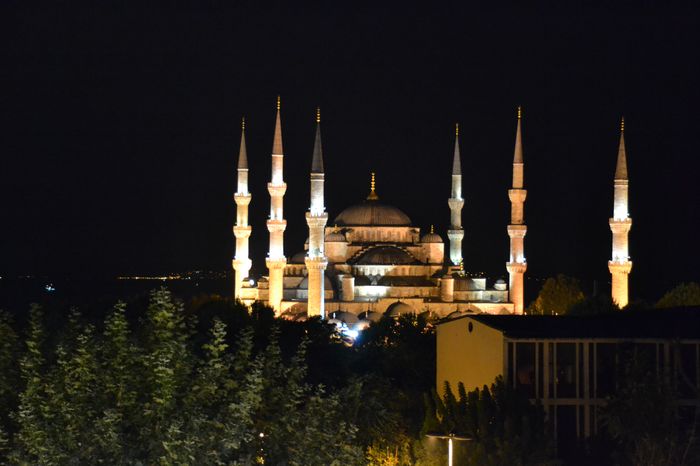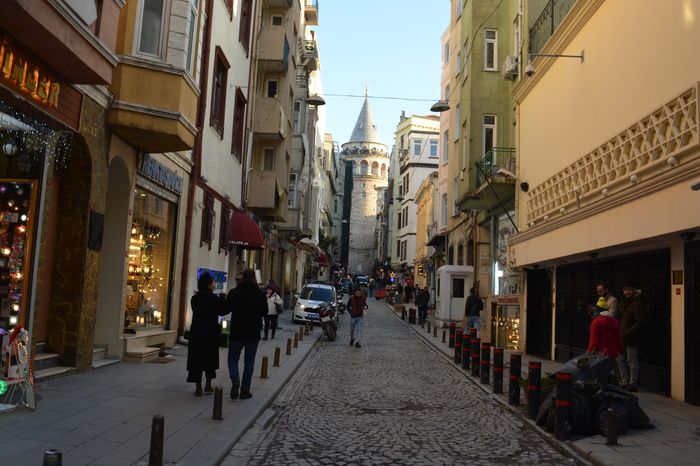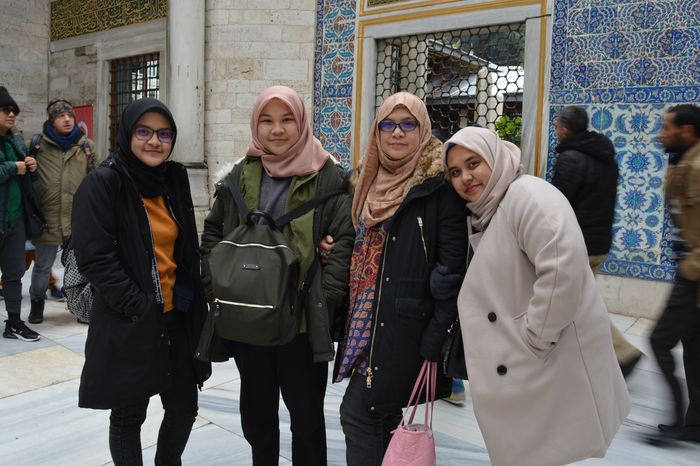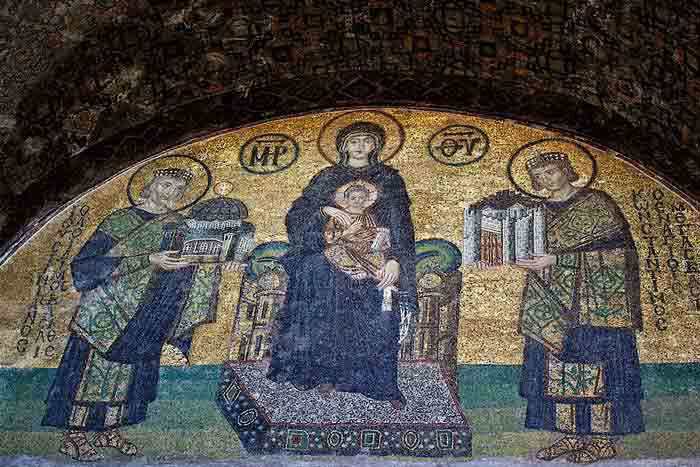Istanbul Walking Tour
Istanbul walking tour
‘Out beyond ideasof wrongdoing and rightdoing,there is a field.I’ll meet you there.’Jelaluddin Rumi, 13th century
Byzantium, Constantinople, Stamboul are all different names of...
Private Istanbul Tour
Private Istanbul tour around Istanbul
We made IstanbulDay for the individual tourists who like to have private Istanbul tour. The private tours, especially designed for...
Istanbul Private Tours Mevlevi
Enigmatic Istanbul is an endless story. It’s the story of Istanbul’s many names, the story of settling the city, ‘Opposite the blind’. Although these...
Guided Istanbul Tour Dervishes
Contact us and become part of the experience called Istanbul. Especially guided Istanbul tour dervishes experience. This is the place which likes to introduce Mevlana,...
Private Istanbul Tours
A lot has been said and written about Istanbul. Still, the city is an endless source of information. It’s definitely worth trying getting to...
The reputation of Vandal Carthage
Only in the matter of religion was the regime idiosyncratic. The reputation of Vandal Carthage has been stained by the polemics of the Catholic...
Crossed the Rhine in 406
The war band we call the Vandals had crossed the Rhine in 406, far from Rome, when Honorius’s and Stilicho’s attention was focused elsewhere....
The skirmishes at the beginning of Khusro’s reign
The skirmishes at the beginning of Khusro’s reign concluded with what both sides called the “endless peace” of 532, purchased by Justinian for a...
Maximian regarded
Constantine had no reason to suspect that Maximian regarded him as anything other than simply the tribune who headed Diocletian’s personal guard, until he...
Fausta was quite as lovely
“You will be free. I promise it.”
And free he was not entirely to his surprise to meet her chair the next afternoon, according to...













